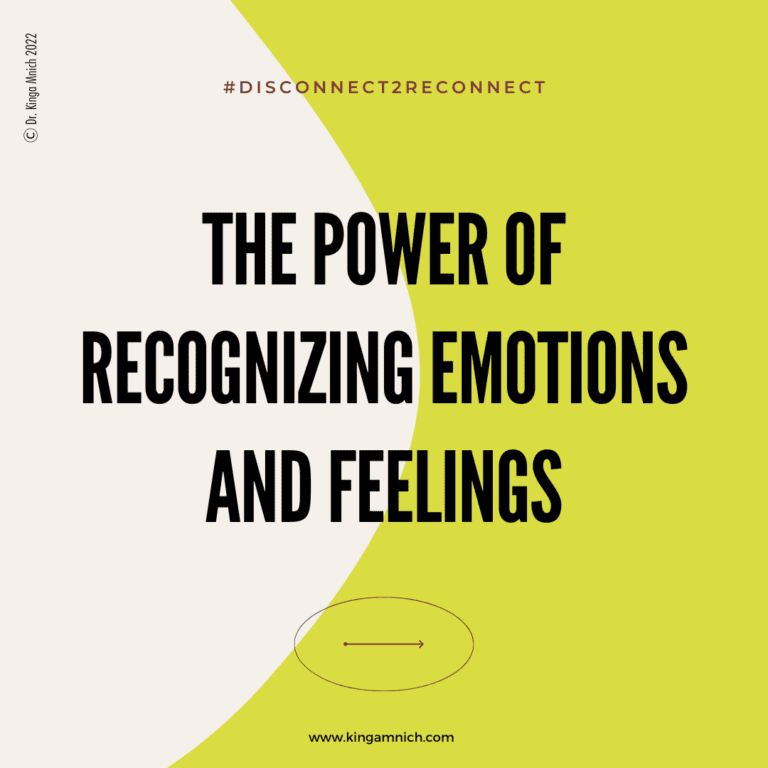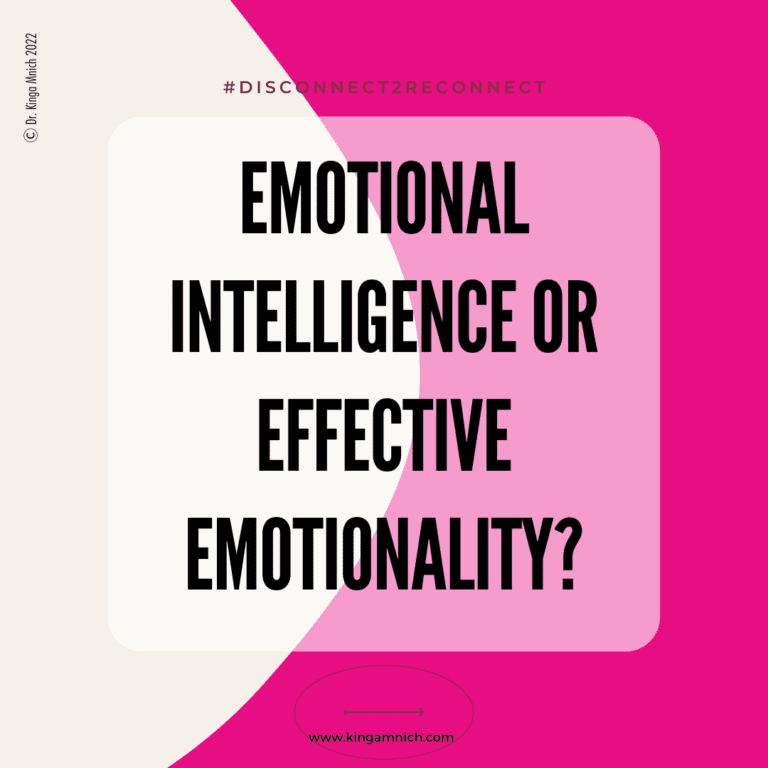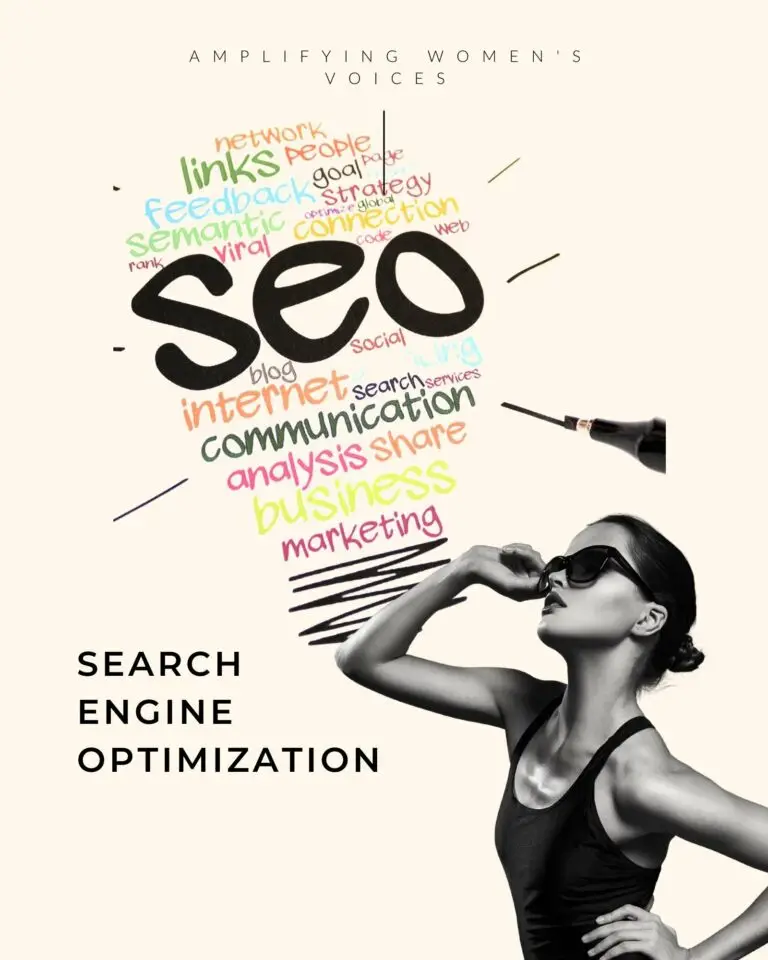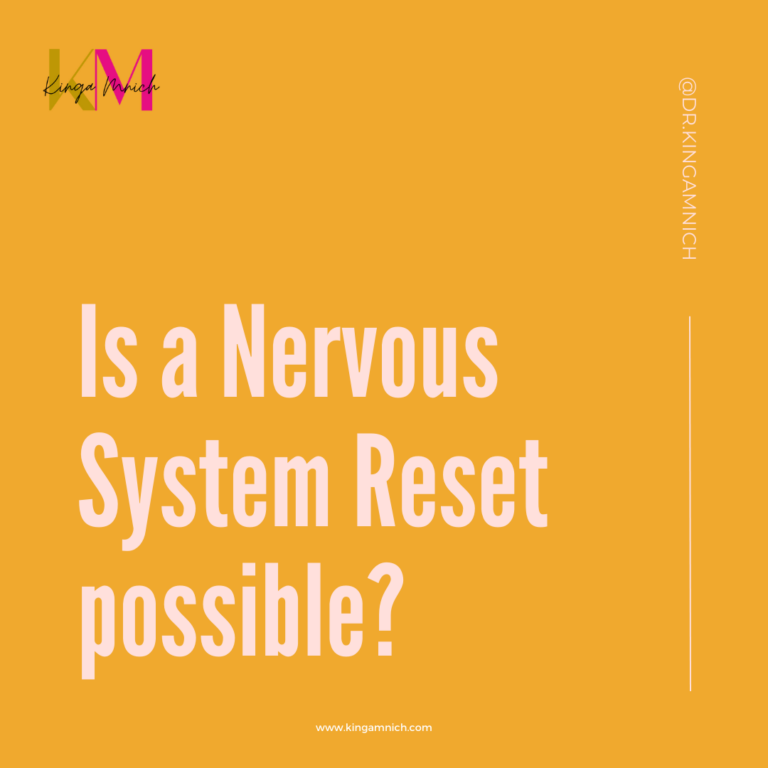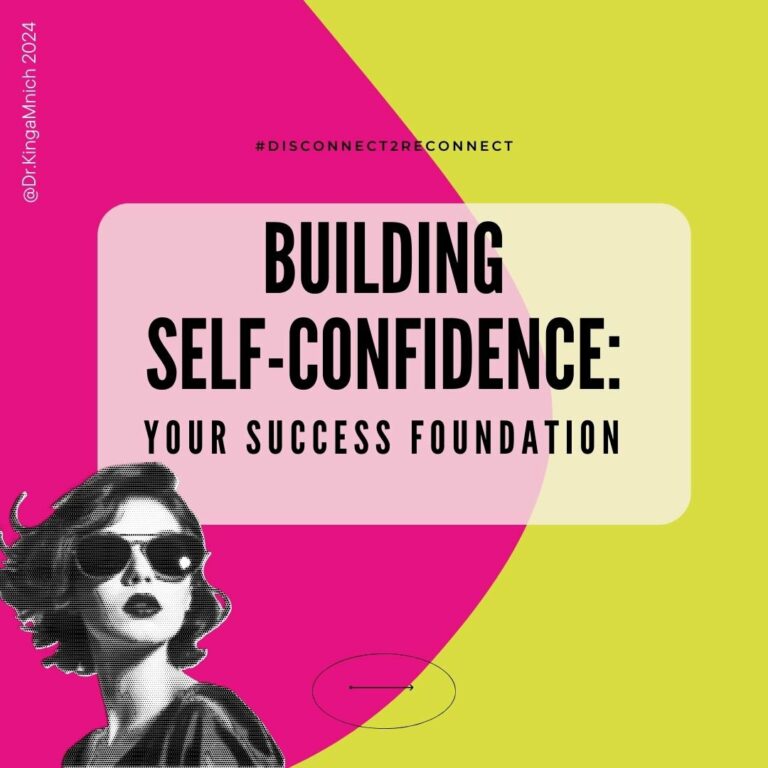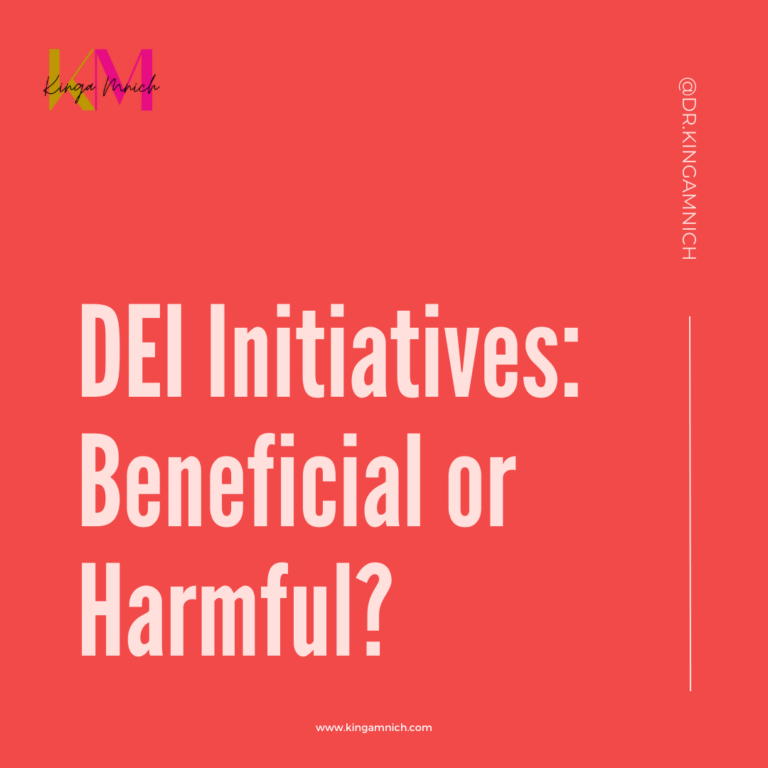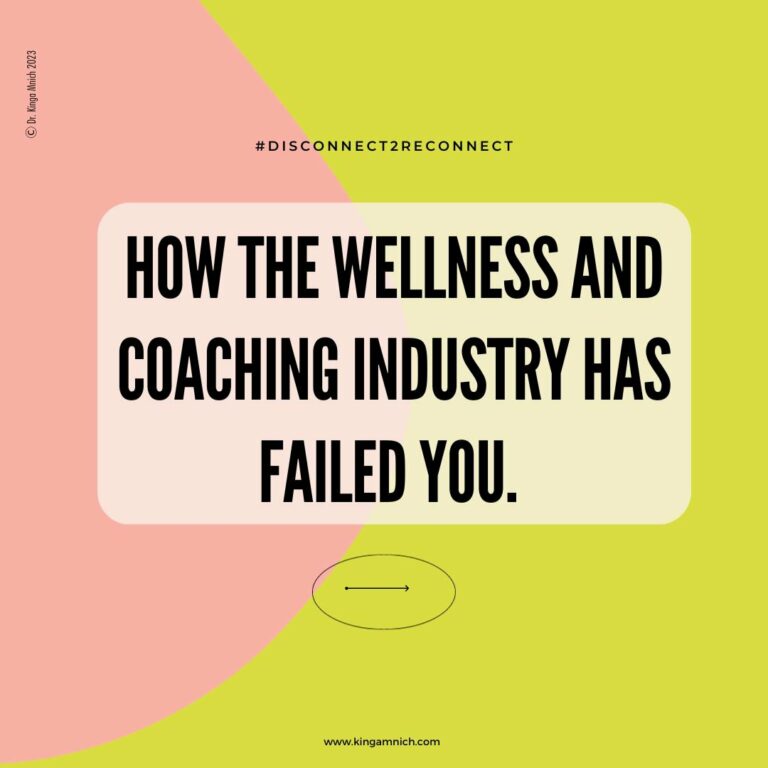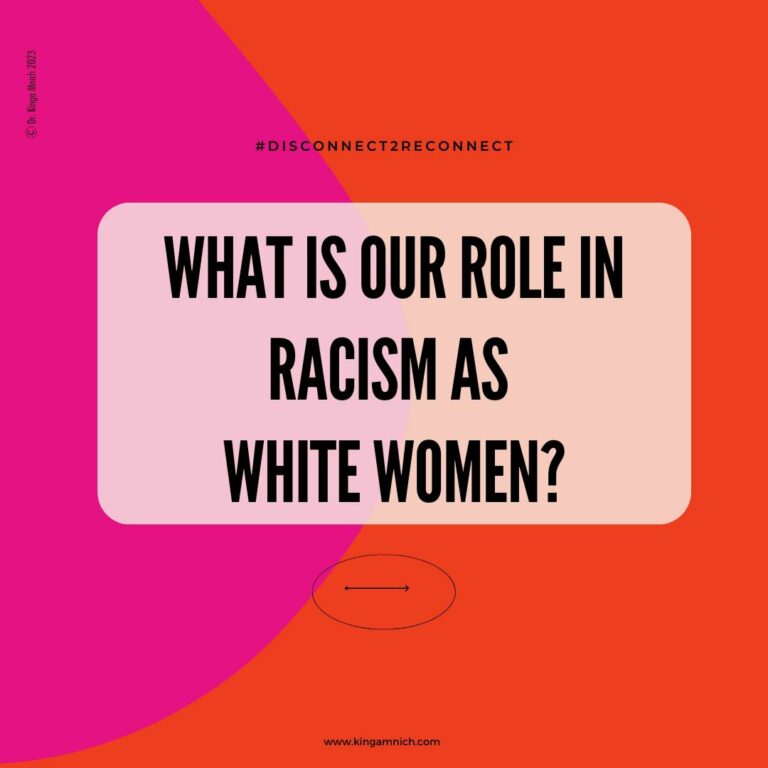and the negative effects of Social Media.
Clubhouse is the latest addition to the world of Social Media networks. And as much as I love the platform, I am torn between the impactable ability to build networks naturally and giving a stage to over-confident people spreading inaccurate information.
Many of these self-proclaimed experts act out of self-interest and have -unfortunately- great selling skills. A mix that can easily be detrimental for many entrepreneurs that are still stuck, frustrated, delusional, or complacent in their journey. They end up following the advice of people that believe in their own skills and products without hesitation.
Over-confidence, the “Dunning-Kruger” effect, narcissism, and many other psychological phenomena can be responsible for improving people’s appearance that have no professional experience that nevertheless sell themselves as experts.
When is someone an expert?
Dorie Clark didn’t call herself a strategy expert, not until Forbes officially gave her that title. Figures such as Chris Do or Marie Forleo do not call themselves experts at all. So, how come “Jo Dodi” is calling himself an expert? How and when do people become experts? I had a wonderful conversation with Annelie Hansson about this, and it really made me wonder: Who is an expert?
For me, University degrees, years of experience, and prestigious awards are what matters (Unfortunately, there are more and more closed groups that award one-on-one without any definite meaning). That doesn’t mean that everyone that has a degree is an expert. Instead, it shows that you have the ability to sit down, focus and work on an issue until it is solved. It shows grit, perseverance, curiosity, and the thrive to learn. A true expert will reframe from calling him/her-self an expert because the more they learn, the more they realize that they don’t know. Very much in line with Socrates’ quote: All I know is that I know nothing.
In this week’s @NewYorker pic.twitter.com/ptTrK4QSqt
— J.A.K. (@JasonAdamK) January 8, 2018
Digital Learning and Values
We live in the era of digital learning, which has changed the way we receive degrees and accumulate knowledge. While I am a big advocate of digital education, I am also heartbroken about the vast number of meaningless courses serving none other than the creator of said course. And I don’t mean this out of spite; I’ve seen first-hand working with clients who are heartbroken by their supposed failed attempts to build a business—not knowing that the system and strategy failed them instead.
How can we build an open worldwide structure that allows us to verify who is qualified and has the client’s best interest in mind? When and how do we stop people from being misled? How do we know what will work for us? And when should you stop investing money on advice and support that might not work? How do you know if someones’ services will work for you? Based on testimonials that were cherry-picked by the course creator or service provider?
Transparency in business achievements
Unfortunately, many virtual businesses don’t hesitate to showcase their turnover numbers rather than gross margin. They are distorting their business’s reality, creating false expectations and hopes, playing on your emotions and desires. When we desire something, we can easily get trapped in the “Baader–Meinhof” phenomenon, also called frequency bias. Meaning, if you choose to build a successful online business, you start seeing successful online business everywhere. Many algorithms have a built-in Baader-Meinhof phenomenon creating a feed that shows you what they believe you want to see. This can easily evoke feelings such as comparison, envy, jealousy, fear, imposter syndrome, and self-doubt. None of which is a positive experience. These feelings mixed with heightened stress and negativity bias result in a formula for disaster.
Let’s go back to Clubhouse for a second. The disaster can quickly unfold in an unstoppable psychological avalanche. Feeling down, unable to compartmentalize your experience, you are being told by a panel of “experts” that you need to work on your mindset – shifting: from a fixed mindset to a growth mindset -easier said than done when you are at the bottom-. What sounds like great advice feels, in reality, like someone is doubling down on your position even more.
The danger in Social Media
I have made unique connections through Social Media. I have been invited to fantastic networking events, received support, and connected with ideal clients, all of which I am very grateful for. My clients truly mean everything to me, and it brings me joy to see them thrive.
But unfortunately, there is very little protection from bullies and service providers with a lack of experience and knowledge. All it takes is a visually appealing website and presentable Social Media accounts seasoned with some positive testimonials. And the trap is fully functional. What makes it even more dangerous is that there are sweet, kind, and well-meaning “coaches” unaware of their lack of knowledge. Social Media hasn’t provided us with a system that will allow us to scan the providers in a meaningful way.
What happened to ethics and values?
We all talk about values and creating your “Why” statement. I am a big believer in understanding your values and having a why statement, meaning knowing your purpose. Research shows that people with a clear understanding of their purpose and vision are more likely to live a long and fulfilling life.
But what is standing behind that are my strong core values. I was indeed reminded of this again when I was listening to a podcast between Melinda Gates and Brenee Brown. Melinda explains why it was important to her to raise her children based on strong core values. What she is talking about is more than the meaningless marketing term of setting values for your business. She speaks about the importance of core values such as honesty, trust, kindness, and courage. Melinda also points out the ability to want to help others beyond the point of eigennutzen (benefiting yourself) and in the means of a greater good.
Some of you might raise your finger and say, what about Maslow’s pyramid? This is my experience in this matter.
What can we learn from developing countries?
There are very few places where I have experienced more kindness, support, and sharing than by traveling through Africa. I have received free accommodations and food from people that truly had nothing. So, how come people who have very little interaction from a place of kindness and people with all opportunities and resources around them bring up Maslow’s pyramid. Isn’t that ironic? Listing in on several Clubhouse rooms, this has been a recurring subject, and interesting to hear how much more people in Western countries need to feel accomplished.
What I have realized in these conversations is that many have a skewed understanding of happiness and fulfillment. Their definition of success has, unfortunately, very little to do with mental wellbeing and fulfillment. It is connected to the numbers, physical belongings that resonated with the idea of a certain lifestyle. Ignoring the fact that you need to be willing to give up time with friends, work 90h a week, and in most cases don’t have enough time to enjoy the money that you are making.
Now, if you are working on a business that positively impacts the world, creating solutions that help millions of people, or helping people in your community to have a better life, you will be fulfilled. Not because you are making money, it will be because your focus is on how to help others.
Altruism and its effect on longevity.
Research has shown that people who volunteer, support others, and build a business anchored in social impact are happier and live longer. It is not about you being just happy with yourself, it is about seeing how you can impact others which irreversibly makes you happy. Martin Seligman and his colleagues have shown the importance of understanding your own personal definition of success and understanding that happiness doesn’t come from external factors such as shopping, drugs, alcohol, and other quick fixes. True happiness and the feeling of achievement come from exercising your strengths and using them in a meaningful way. Happy and successful people don’t have time to spend hours on Social Media; they don’t have time to waste. They are effective and calculate in what and how they want to achieve their goals.
The false promise of Social Media Marketing
Here is a thought for you, what would happen if you start using Social Media on days when you have to share something truly inspirational when you want to support people and share your meaningful experiences? What would happen if you refocused your energy from trying to copy someone’s strategy and started focusing on building real connections?
Initially, this was the idea of many Social Media platforms. Unfortunately, many Social Media platforms have turned into a marketing and deceiving dream-come-true tool. If you stay consistent and create value, remind people of your service regularly, you will eventually create a seven or even 8 figure business. Which will give you the life that you are dreaming of.
Does this concept work for some? Yes, it does. No doubt! Unfortunately, many online entrepreneurs who have been successful with their offers have not brought any value to anyone else except themselves and their inner circle. The social media dream has replaced the so well know rat race, glorifying capitalism by planning on people’s desires to step oz of the rate race. Unfortunately, just bringing them into another never-ending cycle. And we all know where a never-ending cycle can end!
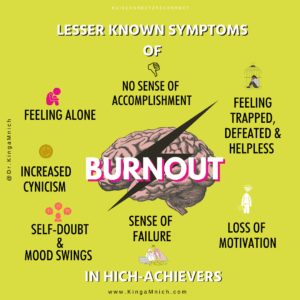
The burnout
Burnout through Social Media comes through the continuous search for figuring out the one formula that will work for you. The right funnel, the right content will go viral, the constant research of other accounts, and testing and testing new ideas.
Many marketing ‘experts’ don’t tell you that the answer lies in data, as it always did. That also means that if you are offering something that no one wants, no matter how good your strategy and content is, you won’t be able to sell. That part of connecting with the right audience hasn’t changed. The way we collect data has changed. And that the formula for disaster lies in precisely what they offer: a cookie-cutter approach: Let me teach you what worked for me. Not realizing that they are burning out people’s hopes and dreams.
The Promise of Success through Social Media
Unfortunately, I have purchased courses and mentorship that sold precisely that—one method for everyone. My work in this world is to do research, collect data, test approaches, ideas, and theories. None of these missteps have been detrimental to me or my business. They are part of my research expenses. But I have clients that developed mental health issues, took on debt, and lost their savings for the promise of rapid success through Social Media.
I would love to hear your thoughts and experiences.
Would you like to test your ideas and turn them into an online business without having to spend a fortune? I have created an ongoing list with free and low-cost tools that will allow you to do that. Click here to receive the summary and link to the continuing list here!
Because I believe that testing your ideas before spending hundreds or even thousands of dollars is the first step in building a sustainable business.
Articles:
- Algorithm Appreciation: People Prefer Algorithmic To Human Judgment
- Playing the Visibility Game: How Digital Influencers and Algorithms Negotiate Influence on Instagram
- The (False) Promise of Social Media Self-Enterprise
- Social Media Promised Lots, but Delivered Little
- The Dangers of Overpromising and Under-Delivering
- The Ethics of Social Media Marketing

